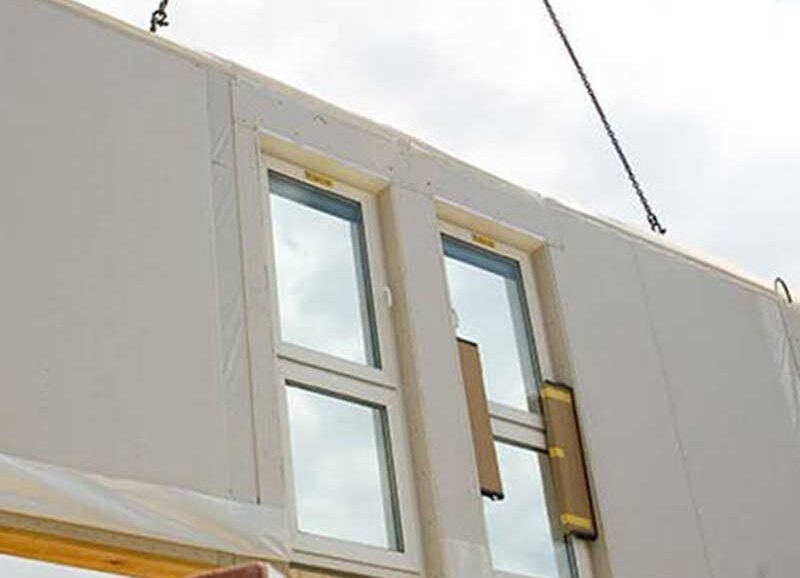Modular Housing Deployment for Rapid Reconstruction in Syria’s Residential Sector

Client
A public sector entity in Syria overseeing reconstruction initiatives sought practical housing solutions to address the acute shortage of livable residences for displaced and returning populations. The project required fast, scalable, and cost-effective residential infrastructure that could withstand local environmental conditions and integrate with existing utilities.
Issues
Years of conflict had severely damaged residential areas across multiple governorates, leaving thousands of families without safe shelter. Traditional construction methods were proving too slow and resource-intensive for the scale of housing needed. Challenges included limited access to construction materials, labor shortages, high costs, and a lack of regulatory clarity for temporary-to-permanent housing solutions.
Solution
Eurogroup Consulting proposed the use of modular housing systems as a strategic solution to meet immediate shelter needs while supporting long-term urban planning. These systems allowed for rapid deployment, quality control, and adaptability to different geographic and social contexts. The solution integrated modular units with essential infrastructure—water, electricity, and sanitation—ensuring livable conditions and community integration.
Approach
We began by conducting a thorough site assessment across multiple locations prioritized for resettlement. This involved:
Evaluating land availability, infrastructure readiness, and logistical access
Conducting a needs-based segmentation of affected population groups
Coordinating with local planning authorities and NGOs to align on housing typologies
Based on the assessment, we developed a modular housing implementation strategy that included:
Procurement models for prefabricated units through regional suppliers
On-site assembly planning with minimal skilled labor requirements
Customizable layouts for family size, cultural preferences, and expansion flexibility
Environmental considerations for insulation, ventilation, and energy use
Integration of communal facilities (e.g., schools, health posts, markets)
Recommendations:
To ensure sustainability, we recommended establishing a local production facility for modular components to reduce long-term import dependence and generate employment. We also advised on developing a regulatory framework for transitioning modular settlements into permanent residential zones, including property titling and service integration.
Engagement ROI
The deployment of modular housing units significantly accelerated the resettlement process, reducing construction time by over 60% compared to traditional methods. The project restored dignified living conditions for over 3,000 households in the first phase alone. Additional outcomes included:
Lower per-unit construction costs
Creation of temporary and permanent local jobs
Improved coordination between public agencies and humanitarian actors
A scalable model for replication in other high-need areas across Syria
Through this project, Eurogroup Consulting demonstrated how innovation and strategic planning can overcome severe post-conflict reconstruction barriers, supporting Syria’s broader recovery efforts with efficient, adaptable, and community-focused housing solutions.


